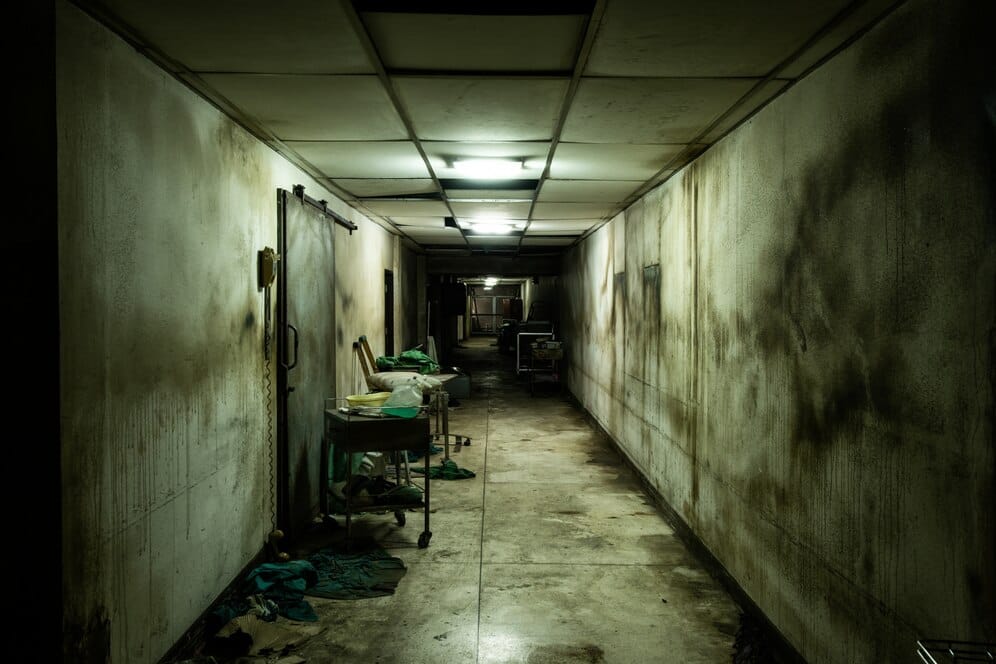The Thrill of Escape Rooms: The Psychology of Puzzle Solving
Escape rooms have skyrocketed in popularity in recent years, captivating individuals of all ages and backgrounds with their unique blend of mystery, teamwork, and adrenaline-pumping excitement.


Escape rooms have skyrocketed in popularity in recent years, captivating individuals of all ages and backgrounds with their unique blend of mystery, teamwork, and adrenaline-pumping excitement. These immersive experiences challenge participants to solve a series of puzzles and riddles within a set time limit to "escape" from a themed room. But beyond the surface-level entertainment, there lies a fascinating psychological dimension to the allure of escape rooms.
The Appeal of Problem-Solving
At the heart of the escape room experience is the thrill of problem-solving. Participants are thrust into an unfamiliar environment filled with cryptic clues and hidden objects, prompting them to tap into their analytical skills and creative thinking to unravel the mysteries before them. This cognitive challenge not only engages the mind but also provides a sense of accomplishment as puzzles are solved and obstacles overcome.
The Power of Collaboration
Escape rooms are inherently social activities, requiring teamwork and communication to succeed. As participants work together to decipher clues and piece together solutions, they develop a sense of camaraderie and shared purpose. Collaboration not only enhances the overall experience but also fosters stronger interpersonal connections among participants, reinforcing the importance of cooperation and mutual support.
The Element of Immersion
What sets escape rooms apart from traditional puzzle-solving experiences is their immersive storytelling and thematic design. From abandoned laboratories to ancient temples, each room is meticulously crafted to transport participants to a different world, complete with atmospheric lighting, sound effects, and props. This sense of immersion not only heightens the excitement but also encourages suspension of disbelief, allowing participants to fully engage with the challenges at hand.
The Challenge of Time Pressure
Time is of the essence in escape rooms, adding an extra layer of tension and excitement to the experience. With a ticking clock counting down the minutes, participants must work swiftly and efficiently to uncover clues and solve puzzles before time runs out. This time pressure not only intensifies the adrenaline rush but also simulates real-life scenarios where quick thinking and decisiveness are paramount.
The Satisfaction of Success
Perhaps the most rewarding aspect of completing an escape room is the sense of satisfaction that comes with success. As the final puzzle is solved and the door to freedom swings open, participants are filled with a rush of triumph and accomplishment. This feeling of achievement serves as validation for their efforts and reinforces their confidence in their problem-solving abilities.
Conclusion: Unlocking the Secrets of Escape Rooms
In summary, escape rooms offer more than just a fun outing; they provide a captivating journey into the depths of the human psyche. From the thrill of problem-solving to the power of collaboration, these immersive experiences tap into fundamental aspects of human nature, leaving participants with lasting memories and valuable insights. So the next time you find yourself seeking adventure and excitement, consider stepping into the immersive world of an escape room and unlocking the secrets that lie within.